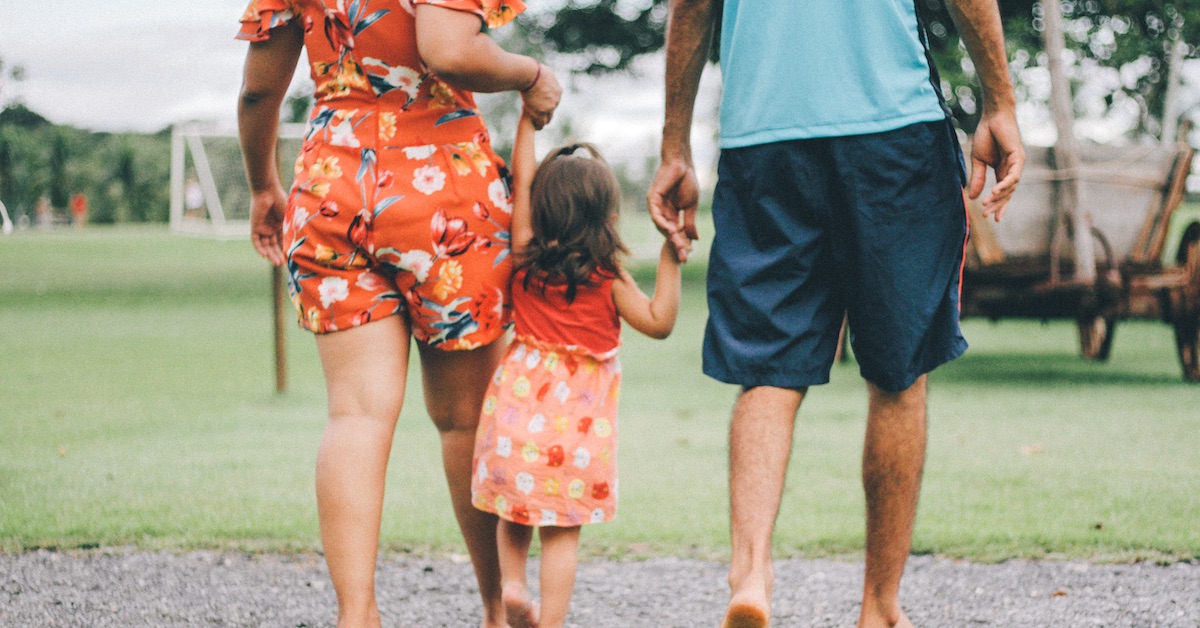How Attitudes on Mental Health are Changing Across LatinX Generations

Sasha Yanes
Manager, Events & Engagement + Executive Assistant to the CEO
October 8, 2020
Mental health conditions do not exist in the LatinX community – or so we’ve been told. In LatinX communities, the prevalence of mental health conditions is roughly the same as the general public; despite this similar population frequency, only 20% of LatinXs will address symptoms of mental health conditions with their primary care physicians, and only 10% will actually seek care from a mental health provider.
Social determinants that have influenced the mental health of the LatinX community and access to mental health care are well-known: stigma, language barriers, distrust of the system, cost, and oftentimes, lower income and a lack of educational resources. What we largely overlook about mental health in the LatinX community is the evolution of mental health stigma across generations. As mental health becomes more widely recognized, younger LatinXs openly advocate for mental health, despite older generations mostly maintaining archaic, traditional viewpoints. This has revealed that the largest determinant to understanding mental health may be extremely personal: familial perceptions of what mental health looks like.
I grew up in a mixed-ethnic household: my Dad is a Palestinian refugee, and my mom grew up in Bayamón, Puerto Rico. Both my parents are physicians, and deeply understood the ways that social determinants of health influence an individual’s physical health. Growing up, my little sister and I both experienced varying degrees of mental health conditions; while our parents were generally supportive, their lack of understanding of mental health prevented us from acknowledging and identifying our own conditions until after we left home. Our story is one that is quite common across minority communities — it contributes to the greater discourse of how identity influences mental health and access to mental health care. Little did my sister and I know that our exposure and acceptance of mental health would, to a certain extent, inversely affect how our parents would come to think about mental health.
Our mom’s upbringing was fairly traditionally Puerto Rican: she grew up in a religious household, with a closely-knit nuclear and extended family. For some time, my grandparents struggled to make ends meet, so my mom, my grandparents, and my two aunts moved into my great-grandmother’s house. It should come as no surprise that my mom’s perception of mental health was skewed from a young age. She often tells the story of a cousin who began experiencing personality changes and hallucinations; despite a family history of schizophrenia, he was diagnosed by his family as experiencing side effects of heavy drug use. It was easier to blame leisurely drug use, as opposed to a mental health diagnosis; the latter would invoke fear, and labeling my cousin as “loco.”
Over the years, my mom witnessed mental health conditions in new settings: in her patients, and ultimately, in her daughters. She came to believe that mental health needs to be addressed in the same way other health conditions are. She saw the ways in which mental health conditions manifested themselves physically for both her daughters. This was how she came to understand that mental health and physical health were intrinsically linked, and thus should be approached in the same way. Witnessing her daughters struggle with their own mental health conditions, and watching us come to understand the significance of our own mental health, pushed her toward seeking a greater understanding of mental health and engaging in conversations about our conditions. Eventually, she became an enormous advocate of supporting us on our mental health journeys.
Members of my mother’s family, however, have not changed their tune about mental health, and through speaking with members of my extended LatinX community, I learned that misconceptions about mental health pervade. Emphasis on internal strength, familial closeness, and faith echoed across these conversations, with many stating that they do not feel comfortable disclosing the status of their mental health or mental health treatment to their older family members. An anonymous participant said:
“…I feel stronger and more confident talking about my mental health — but only to a certain extent. My parents don’t know that I see a therapist or that I’m on medication. When I mentioned to my mom that I was thinking of going to see a therapist… she told me under no circumstances to take any sort of psychiatric medication.”
Another anonymous source echoed these feelings of needing to maintain privacy about their mental health, saying: “Even now, I don’t think the family would be supportive of me seeking mental health.”
With that said, the conversation about mental health is gradually opening up among younger LatinX generations. In 2020, Colombian reggaetonero J. Balvin released his podcast “Made In Medellín,” focusing heavily on his own struggles with depression and anxiety. Similarly, One Day at a Time, a TV show starring Puerto Rican icons Justina Machado and Rita Moreno, follows a Cuban-American family through their daily lives, often discussing issues of depression, PTSD, and anxiety across LGBTQIA, veteran, and older family members. These representations of strong individuals experiencing mental health conditions are largely available for younger generations, while LatinX family members of generations prior are still heavily rooted in more traditional values.
Over time, mental health will become a regular conversation in LatinX-American populations. The more that younger LatinXs are exposed to mental health in their own communities and within the media, the less stigmatized it will become. This is an opportunity for younger generations to show their parents, grandparents, and other older community members the importance of shining a light on the importance of mental health.
Explore more

Quality Mental Health Care, Wherever You Are
At Quartet, we know that mental health care isn’t one size fits all.

Take Your Own Advice: A Note to Therapists on Self Care During COVID‑19
COVID-19 added a layer of complexity for mental healthcare workers, who may be experiencing their own stressors and anxieties related to the crisis.

Fighting Two Pandemics: Supporting Domestic Violence Survivors and Their Mental Health Needs During COVID‑19
For some, following the stay-at-home orders for one pandemic may render them vulnerable to another: domestic violence.



